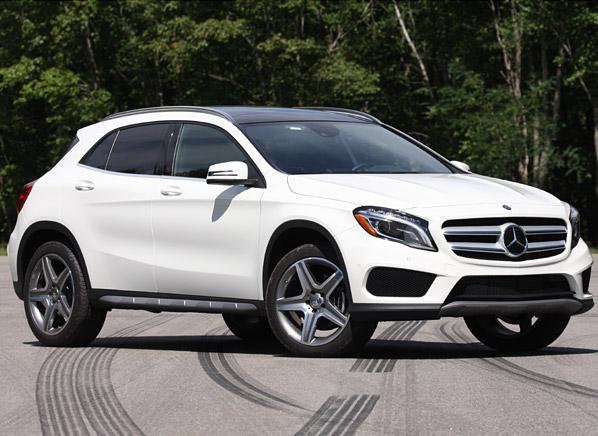Delphi plans to test self-driving cars in Singapore
DETROIT — Delphi Automotive has agreed to form a consortium to operate six self-driving vehicles in Singapore, part of an Uber-style ride-hailing service that will permit the supplier to test its technology on busy city streets.
The service is to debut next year, the supplier said in a statement Monday . Originally, the vehicles will have backup drivers that will take over if the vehicles malfunction, said Glen De Vos, Delphi’s vice president of engineering.
If the test proves successful, the vehicles will operate without human backup toward the end of the consortium’s two-and-a-half-year contract with the city.
“By the end of it, we’ll demonstrate a fully autonomous, driver-out-of-the-car capability,” De Vos said last month during a press briefing in suburban Troy, Mich. Delphi hopes “to prove that the technology is sturdy and that consumers will use it.”
Albeit De Vos expects car sharing and rail hailing to be increasingly popular in urban areas, he notes that the test also will help Delphi improve anti-collision technology for vehicles sold at retail.
Singapore is familiar territory for Delphi, which has an r&d center and a factory there. Delphi will be the lead company in the consortium, which will have a half-dozen members. De Vos said it is premature to name the other members of the consortium, citing the need to formalize the partnerships.
For the Singapore fleet, Delphi will retrofit six vehicles with cameras, radar and lidar. De Vos did not identify the model, but noted that it will be an electrified vehicle with five or six seats.
In 2015, Delphi engineers took an Audi SQ5 crossover retrofitted with self-driving technology for a coast-to-coast road test. This time, the company will choose a different model, De Vos said.
Singapore is likely to be a rough test. Delphi’s fleet will share the road with cars, trucks, motorcycles, bicycles and anything else that plies the city’s crowded streets.
Customers will summon the vehicles with a smartphone app — Uber-style — and can take one of three immobilized routes to or from various mass transit terminals.
Each route will open up for several miles, and passengers will be permitted to exit anywhere along the route. Each vehicle will have high-resolution maps of each route — with its attendant lane markings, signage and landmarks — and a central instruction center will monitor the progress.
After Delphi eliminates the backup drivers, each vehicle will be programmed to pull over to the roadside if the technology malfunctions. Thus, Delphi will avoid one of the big challenges for self-driving cars: how to transfer control securely to a human driver.
That issue has drawn scrutiny since a Tesla Model S operated in Autopilot mode struck a semitrailer on May seven near Williston, Fla., killing the driver.
In the brief run, Delphi will avoid such problems by having professional drivers in each vehicle. In the longer run, Delphi plans to emulate Google, which has deployed a self-driving car fleet in its hometown of Mountain View, Calif.
Google’s cars pull over if its technology malfunctions. Passengers are not expected to take over.
